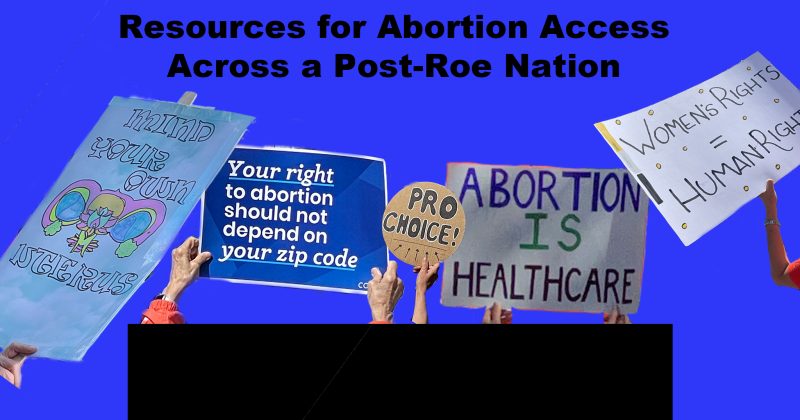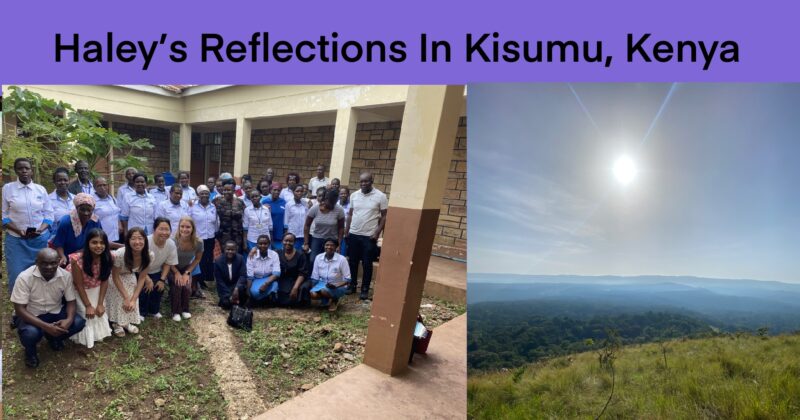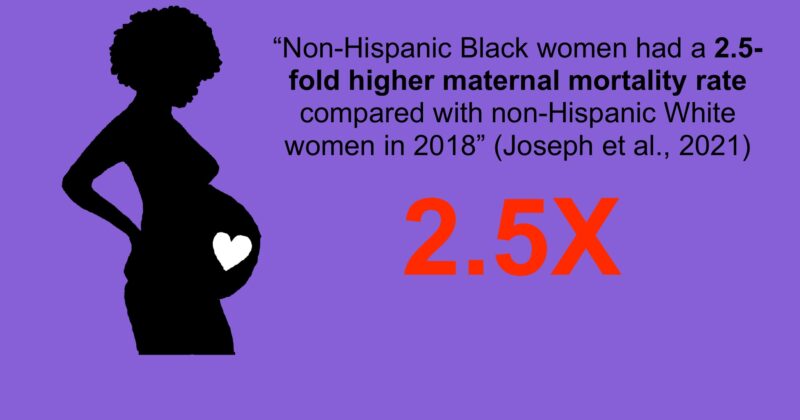
Reflection From the Field: Dr. Emily Herfel’s Reflections in Kisumu
It is hard to believe I have called Kisumu home for almost a year, with time cut short by the elections set for early August. Our team is busy, skillfully orchestrating multiple studies concurrently. The stigma education study, looking at the impact of a stigma-responsive educational video on cervical cancer screening behavior, is in full swing. The six health facility sites are offering research-supported HPV self-testing as part of their cervical cancer screening program, led by community healthcare volunteers (CHVs). Our three intervention sites are also showing the HPV stigma-responsive education video. The team then visits each site once a week to ask women to participate in a validated HPV/cervical cancer stigma measurement tool. Jeniffer, our study clinician, is leading the project with grace, balancing the day-to-day activities with each facility. Getting positive feedback from the CHVs and women of the community about a cervical cancer screening technique that avoids a speculum helps to keep us motivated. Some of the sites are...









